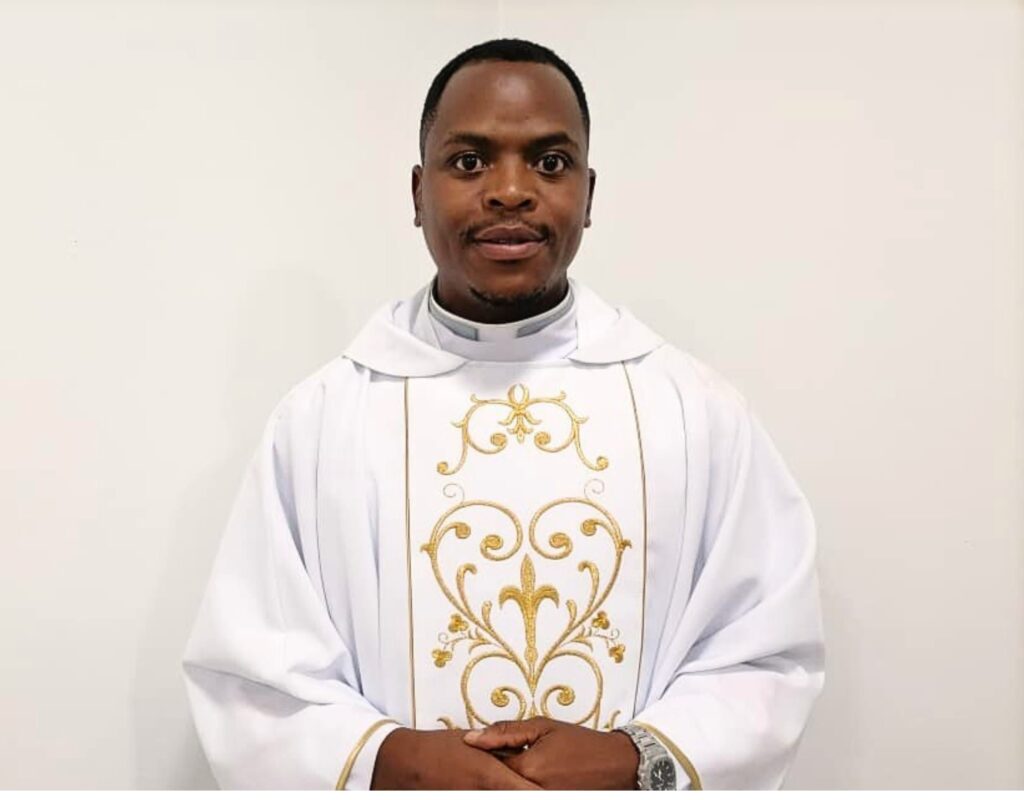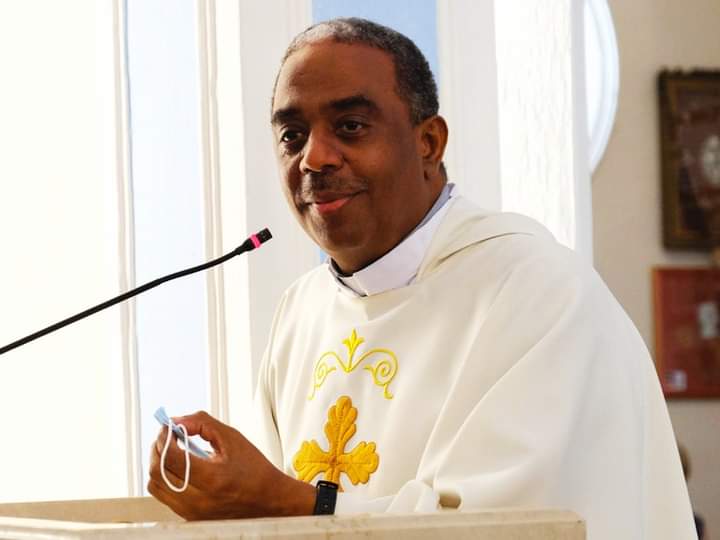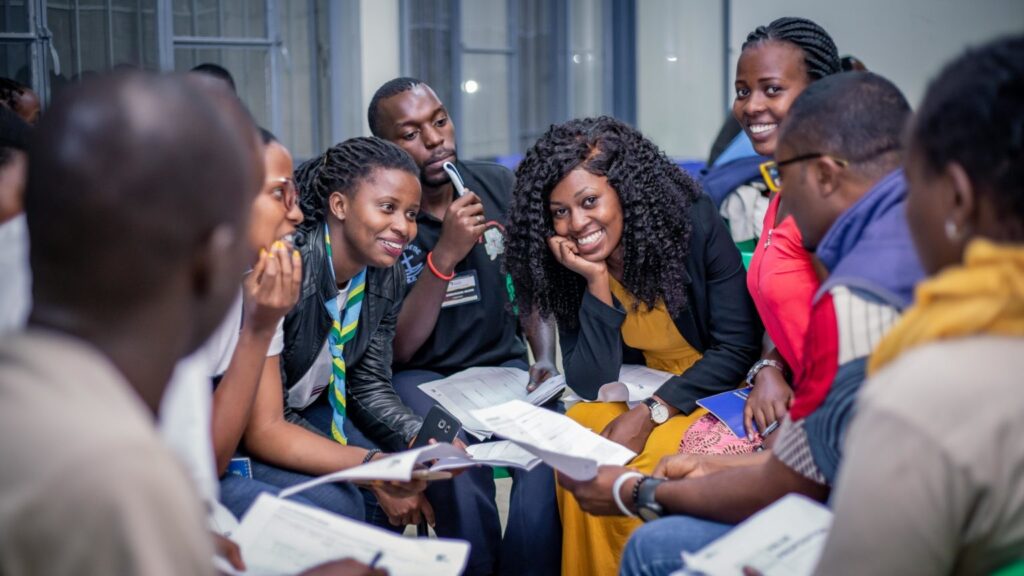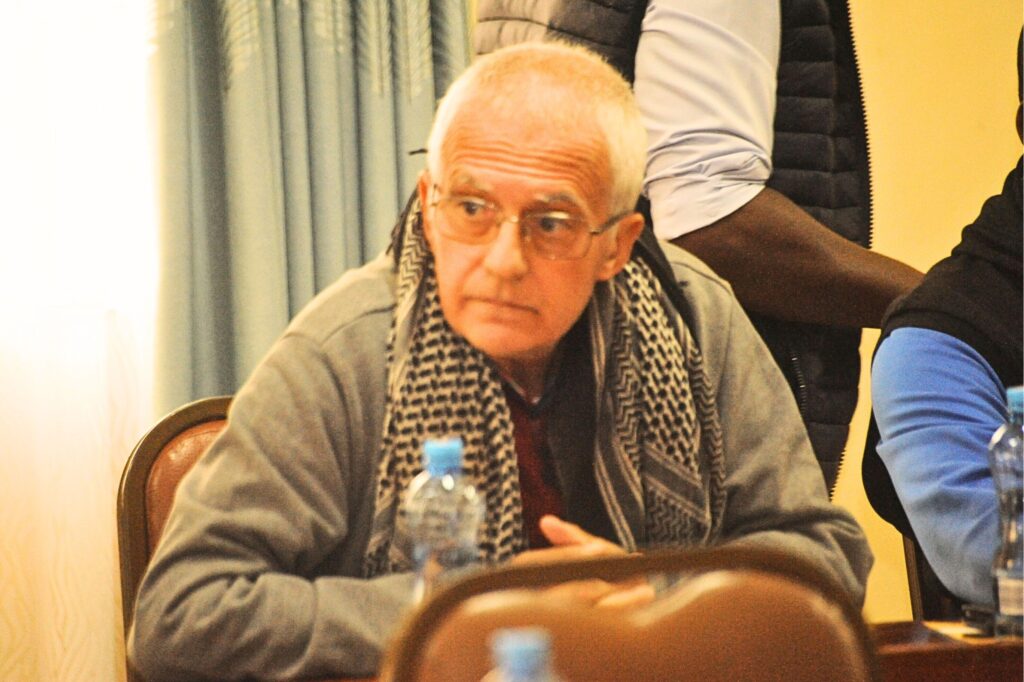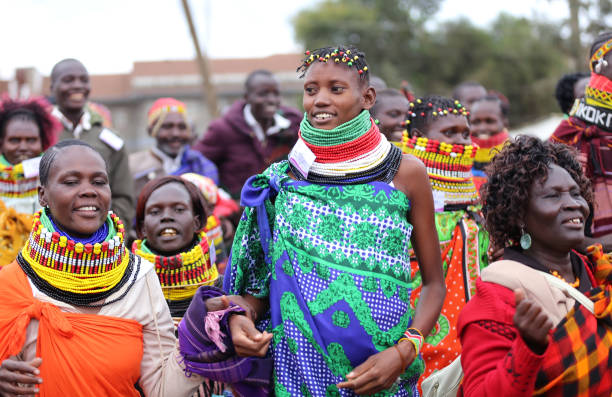Every Christian can be a guide in life and a teacher of faith, through informal teaching, daily encounters and chats, the concreteness of life, and the beauty and hardships of human experience. Such an ‘ancient ministry’ has been formally acknowledged.
There is an Italian saying, which goes: “You have discovered hot water”, used when somebody pretends to have revealed something, which is obvious and well known to everyone. Is it what happened with Antiquum ministerium, the Apostolic Letter, issued motu proprio, by Pope Francis, by which he formally instituted the lay ministry of catechist? Probably the answer lies somewhere in between the yes and no. There is no doubt that, at least in the African Church, this ministry is not new. In fact, the move was long overdue. Nonetheless, it is a very important decision for at least two reasons.
First, Pope Francis’ decision is a further step towards a decentralisation of the ministry of teaching and transmitting the faith. The act of handing over to others (in Latin, tradere, that is, conveying, delivering, transmitting, from which the word ‘tradition’ derives) the Christian faith does not belong exclusively to the clergy or consecrated people, but it is now recognised also in some laypersons, opportunely chosen and trained. I believe that each Christian in Africa already knows that. The novelty might be that what so many Christians carried out in an informal, humble, and local way, it is now formalised and institutionalised within the Church, and it becomes part of the Church’s ‘ministeriality’. In a Church where the clergy dominates everything, it is indeed a good step, and I would say almost revolutionary.
The second reason might be less evident. It is the appreciation of a daily-life-based knowledge and transmission of faith, which might be not as formal and educated as the one of theologians and pastors, but it is effective and capable of engaging not only the intellect, but also the spirit and the emotions of the listeners. It is quite interesting that, as soon as the ministry of the catechist is formally recognised and instituted, it sheds light on a myriad of people who do the same job (handing over the Christian faith) without being trained or acknowledged. I refer to the “so great cloud of witnesses” (Heb 12:1) who constellate our lives. People who may not be educated, but are expert in humanity, keeping together life and faith, able to connect mind, heart, spirit and soul. People from whom we have learnt the art of living and believing: our ancestors, grandparents, parents, neighbours, friends… “What if some of the greatest theologians the world has ever known are those whom the world wouldn’t consider theologians at all?” asks Kat Armas in her book, Abuelita Faith (Abuelita is the Spanish word for ‘granny’, or ‘grandma’).
The moment we finally recognise the ministry of the catechist, we also inevitably understand that every Christian can be a guide in life and a teacher of faith. If we pause for a moment, we must acknowledge that our faith has been built mainly through informal teaching, daily encounters and chats in very common and sacred place, well beyond churches, through empathy, compassion, and care, as well as through the concreteness of life, and the beauty and hardships of human experience.
We might need to be trained. However, faith is not transmitted through well-defined ways and fixed methodologies, but through a shared process of naming our faith experiences and a common quest for the Jesus of the humble. Our experience of faith matters. Any experience of faith matters, and it lays at the heart of evangelisation.



